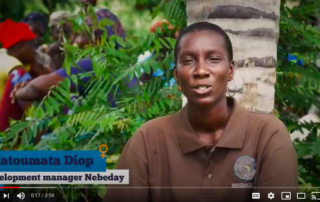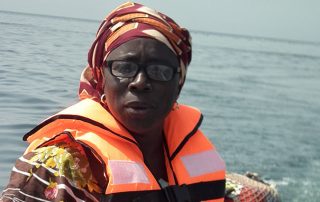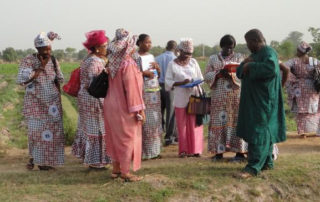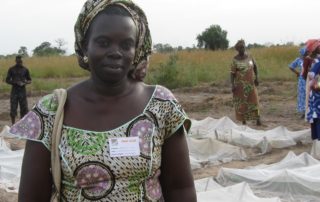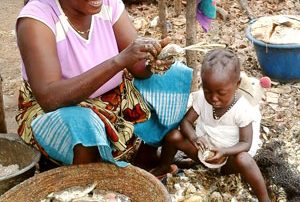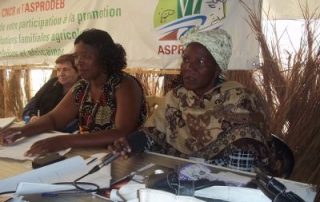Nebeday Enables Senegalese Women From Rural Areas To Obtain New Forms Of Income
Nebeday is an association for environmental protection that supports Senegalese women from rural areas to obtain new forms of income outside of the traditional harvesting period through the cultivation and transformation of the moringa plant. The plant adapts to very arid environments and has a positive environmental impact, while also being nutritionally rich. The project also raises awareness of the need for sustainable resource management and the positive impact women can have on the development of the local economy. Photo credit: Video Capture


